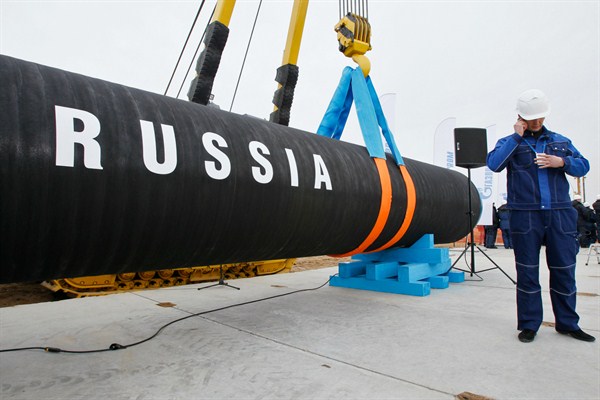It is the misfortune of the Obama administration to preside over the unraveling of several long-term U.S. strategies in Eastern Europe and the Middle East. The tactics used by previous administrations to delay making hard choices in the hope that problems would resolve themselves over time without Washington being required to make sacrifices are no longer available, as the crises in both regions make abundantly clear.
For the past 20 years, successive U.S. administrations have held open the door for Ukraine's full integration into the Euro-Atlantic world, with the expectation that either Russia would at long last accept the move as inevitable, or that Russia itself would cease to be a great power in its own right and thus be reduced to raging impotently as the last of its empire slipped from its grasp. The U.S. assumed it was free to pursue partnership with Moscow in areas that mattered to the U.S. while promising to Ukrainians a future alignment with the West.
Meanwhile, over the same period, the Arab-Israeli peace process was kept on life support amid predictions that the eventual democratization of the Arab world as a whole would lead to the rise of more pragmatic leaders willing to accept the reality of Israel's existence. Both the painful process of trying to extract concessions from Israel and the morally dubious prospect of offering compromises to dictators would be avoided. When it came to Iran, the audacious gamble was that regime change and the replacement of the Islamic Republic by a more secular, Western-leaning government would occur before the country crossed the nuclear threshold, thus avoiding the need for undertaking a possibly costly military campaign to deny Iran the bomb.

